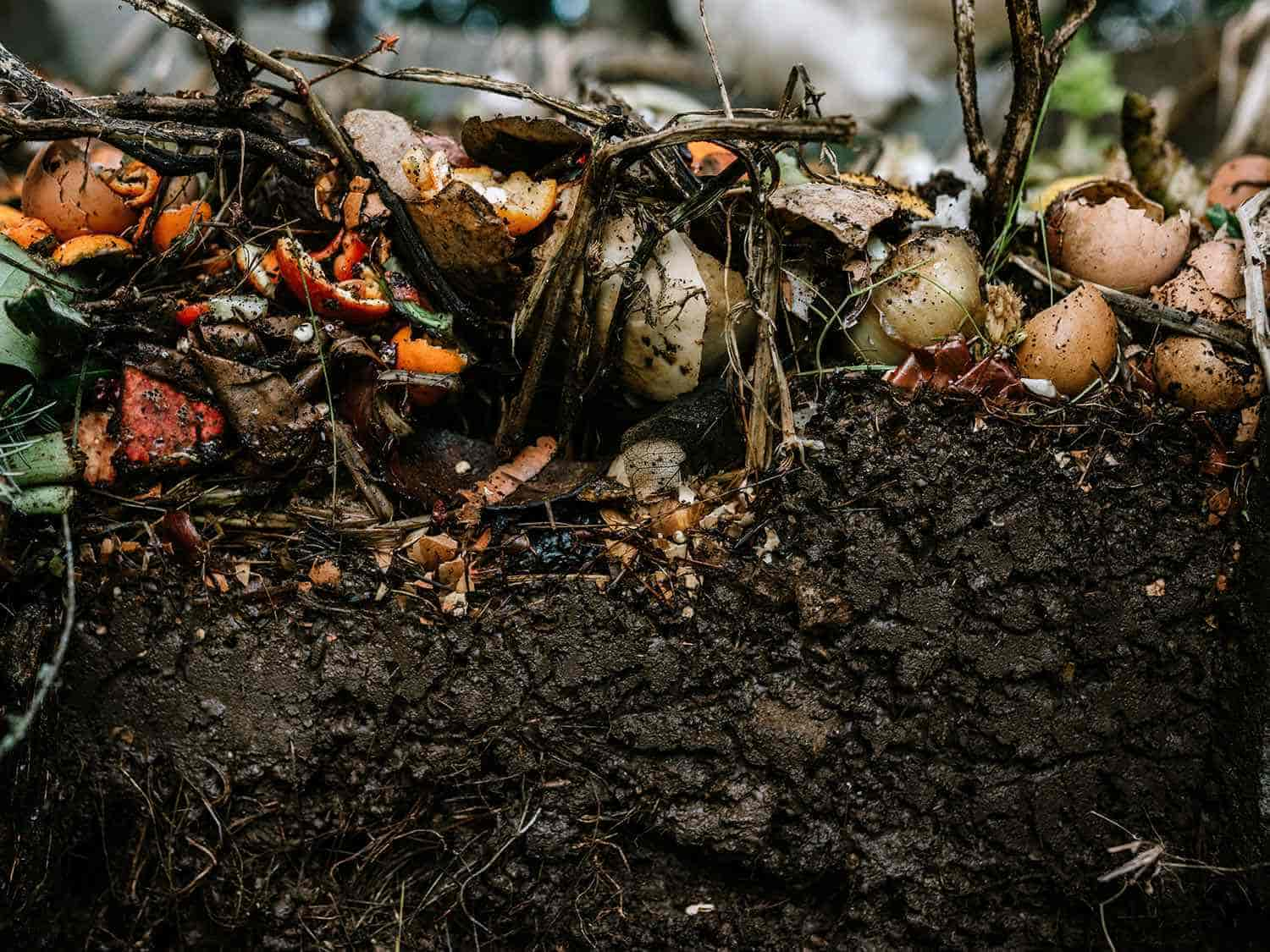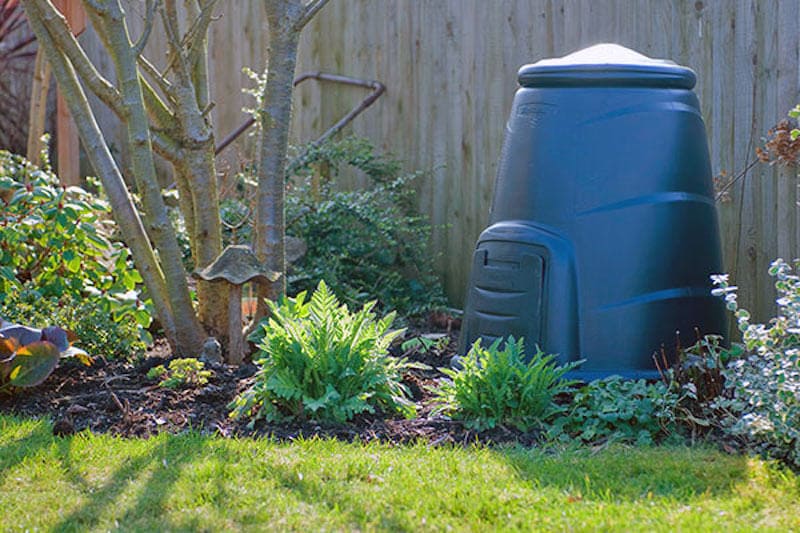
Composting is a vital practice that contributes to soil and plant health by offering nutrient-dense fertilizer ideal for gardens and farming. This article will delve into the ins and outs of composting, exploring its significance, compostable and non-compostable materials, and homemade and mechanical composting solutions. Additionally, we will explore the impact of composting on soil and plants, and discuss backyard, farm, and industrial composting.
Composting involves decomposing organic matter such as food leftovers, leaves, and grass cuttings into nutrient-filled soil. This nutrient-rich compost offers an excellent natural fertilizer for plants, ensuring their robust and healthy growth.
The breakdown of organic materials in landfills results in the emission of methane, a potent greenhouse gas. Therefore, composting serves as a vital practice in minimizing waste sent to landfills. By engaging in composting, we can curb greenhouse gas emissions, promoting a healthier environment.
You can compost various organic materials such as:
Though most organic matter can be composted, certain items should be avoided:

Numerous DIY options are available for kick-starting your composting journey. For instance:
Bin Composter: With wooden pallets, chicken wire, or hardware cloth, you can create a three-sided structure and begin adding organic materials as they accumulate.
Tumbler Composter: A rotating bin, or a tumbler composter, facilitates easy mixing and aeration of the compost. You can construct one with a 55-gallon drum or a plastic garbage bin.
Worm Composter: Also referred to as vermicomposting, this method utilizes worms to decompose organic materials. A plastic bin or wooden box can serve as a worm composter.
For a more modern approach to composting, you might consider mechanical composters. These devices employ heat, moisture, and aeration to decompose organic matter quickly. Popular mechanical composters include:
Electric Composters: Employing electricity, these machines accelerate the composting process by heating and aerating the compost.
Tumbling Composters: These are akin to DIY tumbling composters but often boast superior durability and efficiency.
In-Vessel Composters: These large-scale machines can process vast amounts of organic matter and typically employ a closed system to hasten the composting process.
Composting enhances soil quality by infusing it with organic matter, thereby improving its structure and its capacity to retain water. Additionally, it provides essential nutrients necessary for plant growth, including nitrogen, phosphorus, and potassium.
Creating nutrient-rich soil for your lawn or garden is simple and efficient through backyard composting. A compost bin or pile can be started with organic materials from your kitchen and yard. The guide above offers step-by-step instructions to start your compost pile or bin.

Composting on a farm can reduce waste while providing nutrient-dense soil for crops and livestock. Large-scale composting can be carried out using windrows - long piles of organic matter frequently turned using heavy machinery. Composting can also be achieved with static piles or enclosed compost bins, depending on the farm's resources and specific requirements.
Windrow Composting
Windrow composting involves forming long rows of organic matter that are frequently turned to expedite the decomposition process. Window rows can be several feet high and up to 100 feet long, based on the farm's size and the volume of compostable organic material. Heavy machinery such as tractors or front-end loaders are required to turn the rows and aerate the organic matter.
Static Pile Composting
Static pile composting is a more straightforward method involving a heap of organic matter left to decompose over time. Unlike windrow composting, the pile is not turned or aerated, slowing the decomposition process. However, static pile composting requires less labor and fewer resources than windrow composting.
Enclosed Compost Bins
Enclosed compost bins offer a suitable solution for small-scale farm composting. Constructed from wood, plastic, or metal, these bins can be purchased or built on-site. Compost bins require little space, are easy to manage, useful for composting food waste, crop residue, and other organic materials.
Reduced Waste and Disposal Costs
Composting can help farmers in reduce organic waste lowering their disposal expenses, transforming waste into a valuable resource for their operations.
Enhanced Soil Fertility
Composting can improve soil fertility by providing a source of organic matter and nutrients for crops and pastures. Compost is rich in essential plant nutrients, such as nitrogen, phosphorus, and potassium, and can contribute to soil structure and increased microbial activity.
Reduced Dependence on Synthetic Fertilizers
Composting can help farmers lessen their reliance on expensive and ecologically damaging synthetic fertilizers and pesticides.
Lower Greenhouse Gas Emissions
Composting significantly contributes to the reduction of greenhouse gas emissions by rerouting organic waste from landfills, where it otherwise would generate harmful methane emissions. This process aids in climate change mitigation. As a strategy, composting is immensely beneficial to farmers as it minimizes waste, augments soil fertility, and supports the adoption of environmentally sustainable farming practices.
Windrow composting, static pile composting, and enclosed compost bins all provide viable options for farm composting, depending on the available resources and the farm's specific needs. Farm composting offers several advantages including minimizing waste and associated disposal expenses, enhancing the fertility of the soil, diminishing the need for artificial fertilizers, and curtailing the emissions of greenhouse gases.
Composting - Article Posted July 27, 2023